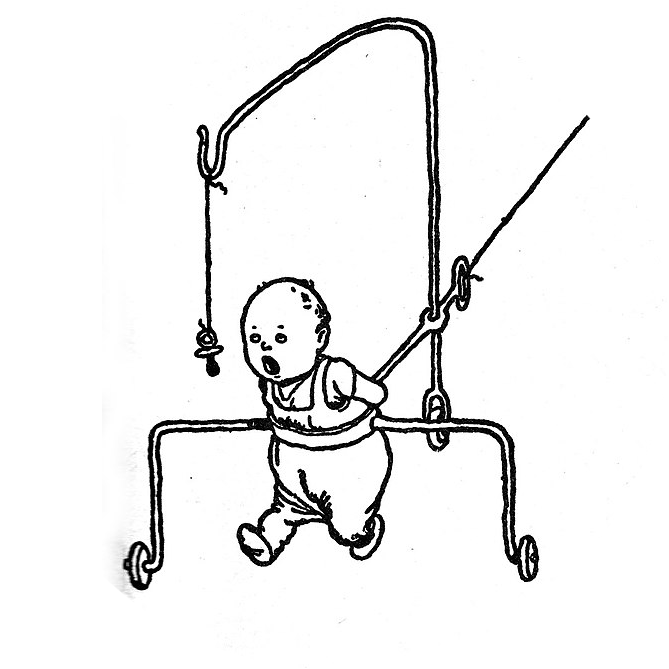

Then that’s not simply killing him with nitrogen gas. But the better method is:
- A mostly enclosed cask with one exit, just large enough to prevent pressure buildup (vented to the exterior, since we probably don’t want the whole room to be the same thing)
- solid nitrogen flow in
…that is all. If they’re fucking it up, it’s on them.
…that is all.
But also, even when completely unconscious, complex living things with a central nervous system (including people) tend to flop when they die.





I think that if you’re a robot boop capable of enough complexity (including having a tendency towards dynamically stable emotive field states), and can interface with a body and society well enough to remain comparatively indistinguishable from a human, that makes you human, right? beep anyways, time is relative, right?